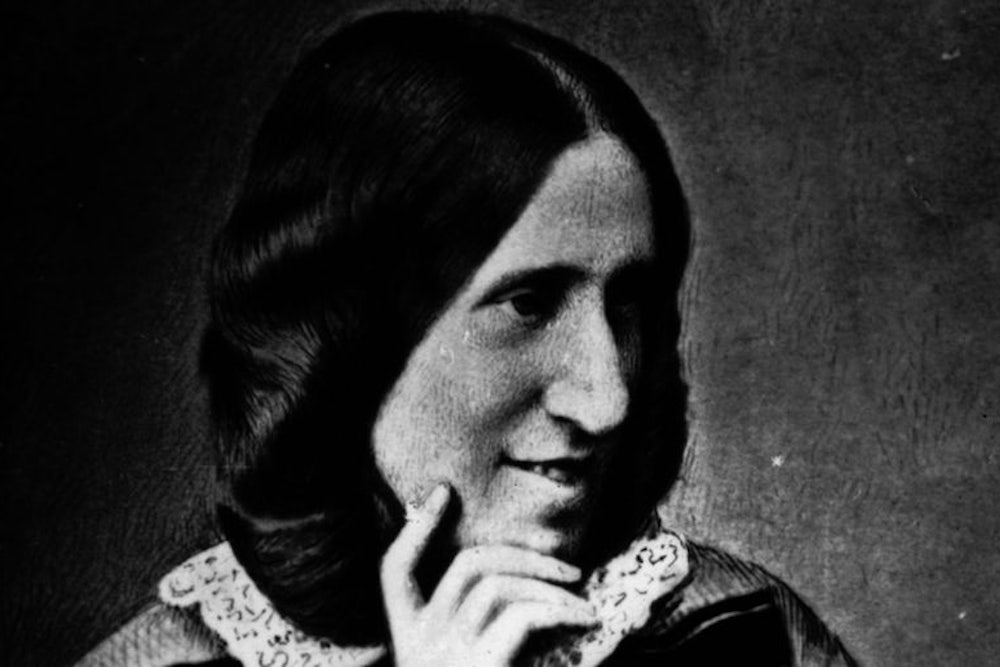My Life in Middlemarch by Rebecca Mead (Crown Publishing Group)
George Eliot may have been born in the last year of George III’s reign, but her life story reads like a 1970s feminist coming-of-age tale. Raised in a devoutly Christian household, Eliot (born Mary Ann Evans) rebelled against her strict but loving father, eventually running away to move in with a crew of eccentric (atheist) friends. She found and then lost love, only to find love again—with an already married man, George Lewes. Forced by the sexist publishing industry to take on a male pseudonym, Eliot created a public scandal by happily living “in sin” with Lewes for two decades and caring for his children as her own. And throughout all of this spectacular drama, she managed to write some of the most enduring works of English literature, including her pièce de résistance, Middlemarch.
Rebecca Mead’s My Life in Middlemarch thoughtfully narrates the story of Eliot’s strangely modern life alongside Mead’s own, deftly weaving in the plot of Eliot’s notoriously hefty novel along the way. Middlemarch, which is set around the time of the passage of the Reform Act 1832, is a novel overarchingly focused on the evolving complexity of English small-town life. But more importantly for Mead’s purposes, Eliot’s novel makes knife-sharp inquiries: “Where is a woman to put her energies? How is she to express her longings? What can she do to exercise her potential and affect the lives of others? What, in the end, is a young woman to do with herself?”
Mead’s book could have been (like many books of this ilk) a work of cloying narcissism and sycophantic reverence. But Mead—although ostensibly writing about herself—turns the very notion of a person’s evolution from youthful self-centeredness to mature self-awareness into a central tenet of Middlemarch and therefore, a key mechanism for understanding the book’s role as a tool for growth. She never stoops to divulging “life lessons” or treacly platitudes, but Mead nonetheless makes the case that reading (and rereading, and rereading) Middlemarch is a soulful lesson in “learning to be human.” It’s quite a feat.
“Generating the experience of sympathy was what her fiction was for,” Mead writes of Eliot. And that is precisely what Mead’s own book accomplishes as well. Mead not only cements Middlemarch’s status as a work of profound genius and inestimable import, but she returns the humanity to its pages.
